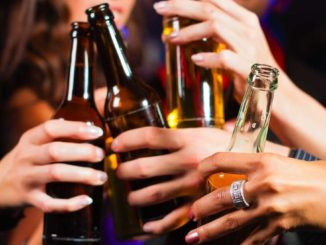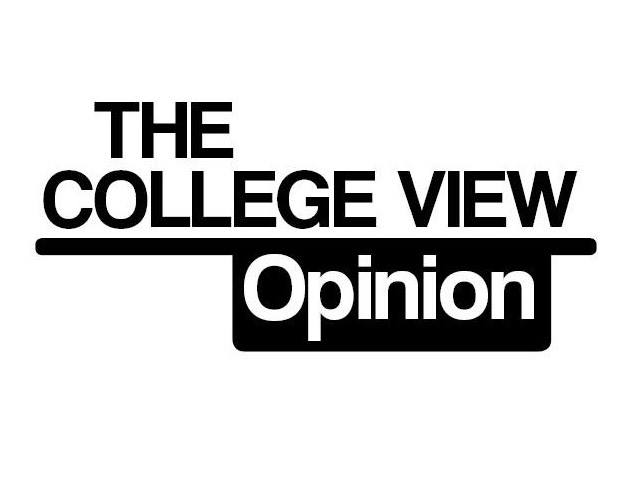
As recently as the last SU election campaign, the possible return of the defunct SU-run ‘club night’ ‘Toxic Tuesday’ arose as an issue during the campaign.
The lamenting at the loss of the nightclub-style event still persists in pockets of the DCU student community, mainly from those who experienced the excesses of what was the one of the largest mid-week club night in the country.
The original vision for Toxic Tuesday was to provide a safe, familiar, inexpensive and local club night for students of DCU and its affiliated colleges. Initially, the night did live up to this vision. At its inception it was achieving this; it was pulling in close to 2,000 students. It was giving as good a club experience as one would find in the city and was being billed as the biggest and, some would argue, best club night in the country, with revelers from other colleges often joining the queues to get in on the action.
But towards the end it waned and ultimately became a parody of a bad night out on the town. Although largely popular amongst its regular attendees, the nightclub had a significant (and I would argue negative) impact on campus life with many events on campus sparsely attended for the rest of the week, creating a ghostly atmosphere on the campus itself.
Along with this came a rise in it affecting attendees health; violent incidents; fluxuating attendance rates and a number of local resident complaints. The event became too arduous for the organisers to sustain the venture. Toxic Tuesday had fulfilled its namesake and became too toxic to be continued.
The SU-nightclub experiment provides an interesting insight into the relationship students have with nightclubs and alcohol itself; the demand for such ventures persists. It seems that every other week there is a new, big club-night in the city offering a better club experience, always underpinned with a retinue of cheap drinks.
While students may like the idea of a renewed weekly DCU club-night, for the hard-working, virtuously motivated and dedicated organisers, the various risks for such an endeavor may be too high.
The presence of alcohol and the prominent role it plays in the Irish college experience is not one that will disappear anytime soon. This is a country where the ‘pub culture’ is a prominent tourism attraction. Pubs and clubs are often a weekly feature of the average person’s social life and it’s practical policy of our government to bring any visiting dignitaries down to the Guinness Storehouse for a quick pint and a picture. It’s only natural we inherited the national vice.
We are the ones inheriting a wasteland of failed institutions and the nation’s relationship with alcohol is just another area where we are inflicted with the societal hangover of a generation that seemingly passed the buck. But we have an opportunity to be different, to combat binge-drinking; reject a renewal of a weekly college nightclub and stop allowing various societies to continue to act as branches of club promotion companies.
Sean Cassidy is an EPL student. He is a former activist within DCU Students’ Union and DCU Societies.




Leave a Reply